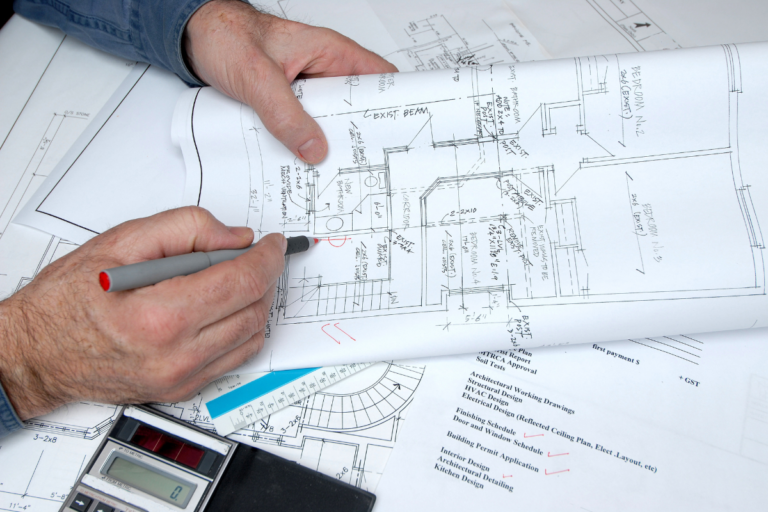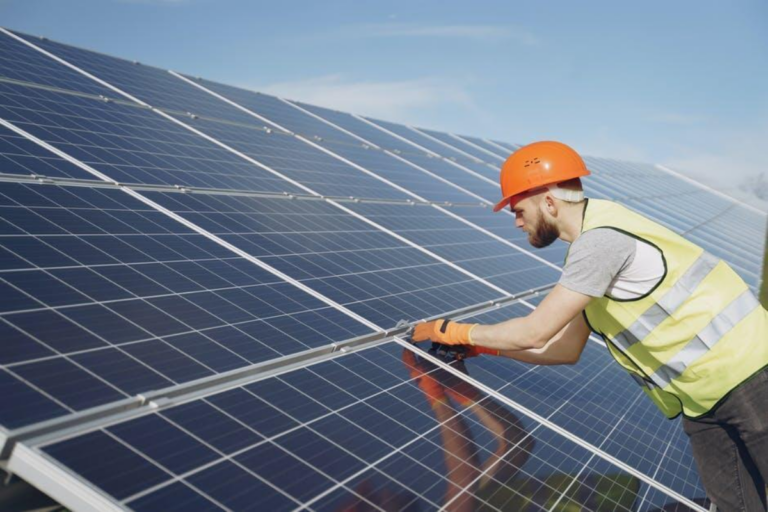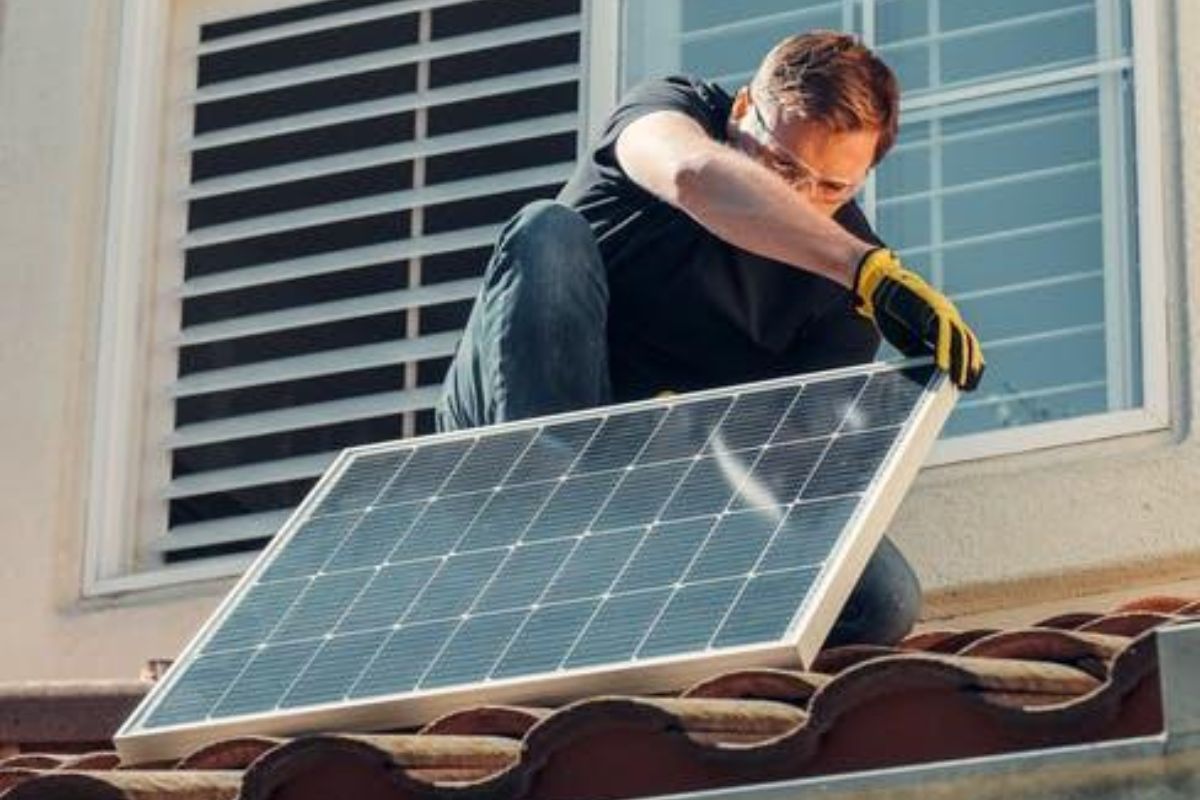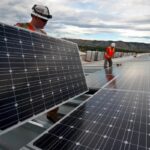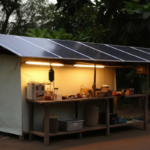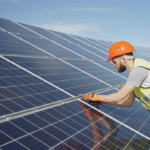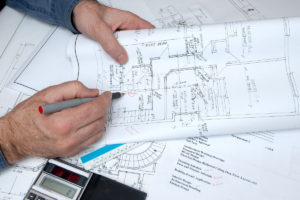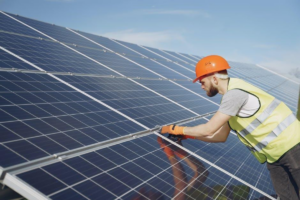Did you know that solar is responsible for 3.4% of US electricity generation?
Solar is becoming a popular choice for powering homes and businesses. To get the most out of your solar system, it’s important to track its performance.
One tool that can help with this is a solar irradiance meter. This device measures the amount of sunlight hitting your panels and provides valuable data on their efficiency.
In this article, we’ll explore ways in which a solar irradiance meter can maximize your solar system’s performance. Read on to learn more.
Post Contents
- 1 Accurate Measurements
- 2 Detecting Shading Issues
- 3 Identifying Location Issues
- 4 Monitoring Panel Degradation
- 5 Tracking Seasonal Changes
- 6 Assessing Energy Efficiency
- 7 Calibrating Panels
- 8 Verifying System Output
- 9 Planning For Future Expansions
- 10 Evaluating Installer Performance
- 11 Informing Insurance Claims
- 12 Monitoring Energy Production During Power Outages
- 13 Detecting Hot Spots
- 14 The Role of Solar Irradiance Meter
Accurate Measurements
A solar irradiance meter provides measurements of the amount of sunlight reaching your panels.
This information is essential for understanding the performance of your system and making any necessary adjustments.
With this data, you can ensure that your panels are receiving optimal sunlight for maximum efficiency. This leads to increased energy production and savings on your electricity bill.
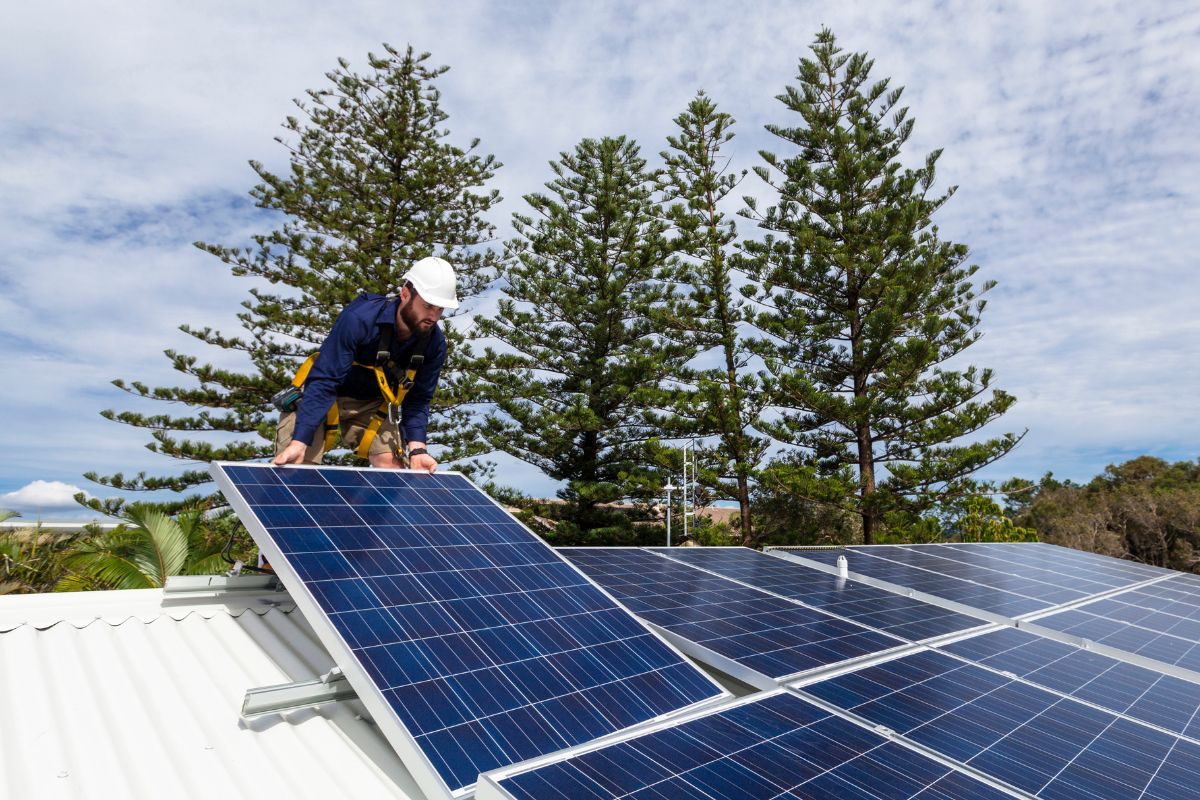
Detecting Shading Issues
Even small amounts of shading on solar panels can reduce their performance. The irradiance meter can identify these issues. It can measure the difference in sunlight levels between shaded and unshaded areas of your panels.
By detecting shading problems, you can address them before they impact your system’s performance. This can save you from potential losses in energy production and revenue.
Identifying Location Issues
The irradiance meter can also identify location issues. It can measure the amount of sunlight hitting different areas of your panels. It will determine if they’re placed correctly for maximum efficiency.
If your panels are not positioned optimally, you can make adjustments to maximize their exposure to sunlight. This will ensure that your system is producing as much energy as possible.
Monitoring Panel Degradation
Over time, solar panels can degrade due to weather conditions or general wear and tear. A solar meter can track this degradation. It can measure the decrease in sunlight reaching your panels over time.
By monitoring panel degradation, you can identify when panels need to be cleaned or replaced. This helps maintain your system’s efficiency and extends its lifespan.
Tracking Seasonal Changes
The amount of sunlight hitting your panels varies throughout the year due to seasonal changes. An irradiance meter can track these changes and provide data on how they affect your system’s performance.
This information is important for understanding the best time to clean your panels or make adjustments for better performance during specific seasons. It can also help you plan for potential dips in energy production during the winter months.
Assessing Energy Efficiency
With an irradiance meter, you can assess the energy efficiency of your system. This data can also help identify issues with your system’s components. This can include the inverters, wiring, and other parts that may be impacting efficiency.
By identifying and addressing these issues, you can improve your system’s energy efficiency. This will help you ensure that your system is operating at its highest potential.
Calibrating Panels
Solar panels can lose their calibration over time. This can reduce their performance. An irradiance meter can help with recalibration.
Maintaining proper panel calibration is crucial for optimal energy production. An irradiance meter makes this process easier and more accurate. It can also alert you when panels need to be recalibrated.
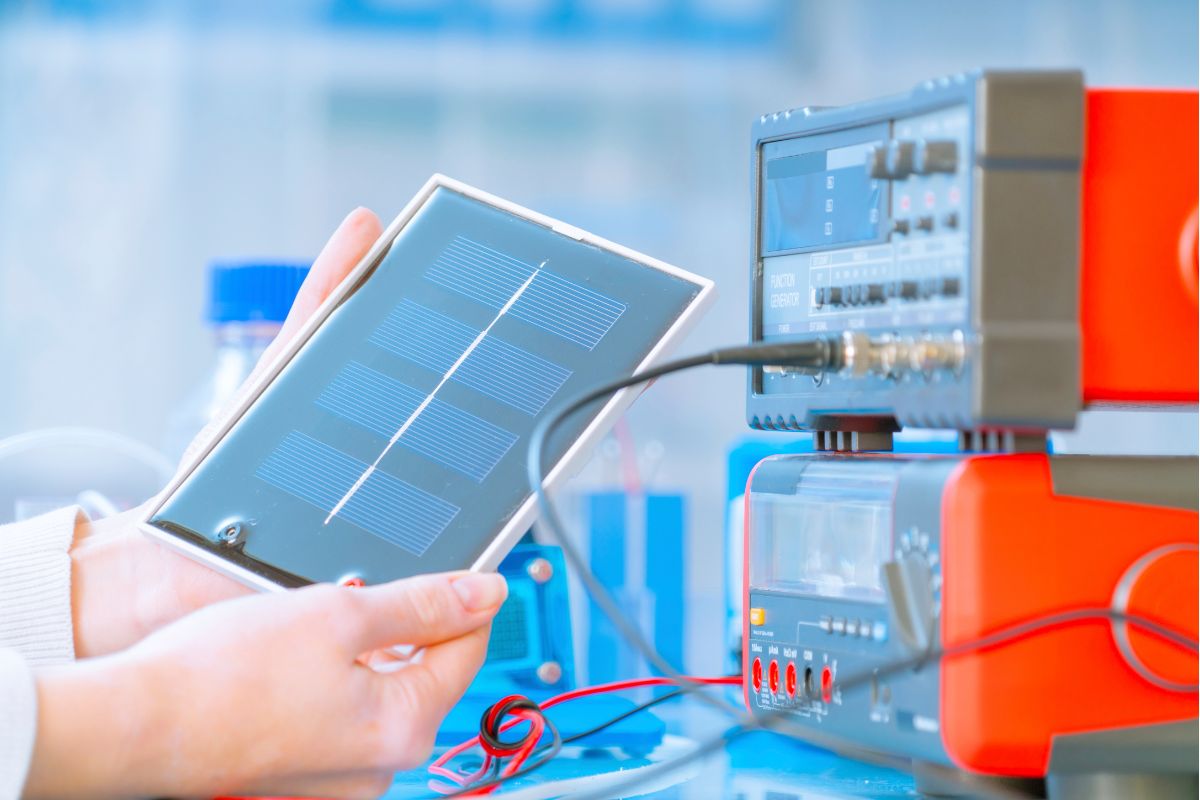
Verifying System Output
An irradiance meter can verify the output of your system. It measures the amount of energy produced by your panels and compares it to data from your energy company.
This allows you to ensure that you’re receiving accurate measurements from your utility provider. If there are discrepancies, this can alert you to potential issues with your system.
Planning For Future Expansions
If you’re considering expanding your solar system in the future, an irradiance meter can help with planning. It can provide data on potential locations for additional panels and their expected performance.
This information is crucial for making informed decisions about expanding your solar system. It also helps ensure that any new additions will be placed optimally for maximum efficiency.
Evaluating Installer Performance
An irradiance meter can provide valuable data on your installer’s performance. It measures the efficiency of each panel and compares it to the manufacturer’s specifications.
This allows you to ensure that your installer has properly installed your panels for optimal performance. If there are any discrepancies, this can help address them with your installer.
To ensure the best installation, check these trusted solar panel contractors in Detroit. They have a proven track record of providing top-quality solar panel installations.
Informing Insurance Claims
In case of any damages to your solar system, an irradiance meter can provide valuable data for insurance claims. It measures the amount of sunlight reaching your panels before and after an incident.
This information can help support your claim. This will also ensure that you receive proper compensation for any damages.
Monitoring Energy Production During Power Outages
During power outages, your solar system will continue to produce energy. An irradiance meter can track energy production during these times. This can help you determine the effectiveness of your backup power system.
If your system is not producing enough energy during an outage, this can alert you to potential issues with your backup power. This information can help you make any necessary adjustments for future outages.
Detecting Hot Spots
Hot spots occur when a solar panel is not functioning correctly. This causes it to overheat and reduce its performance.
An irradiance meter can detect these hot spots by measuring temperature differentials across the panels.
By identifying hot spots, you can address them before they cause permanent damage to your panels. This helps maintain your system’s performance and longevity.
The Role of Solar Irradiance Meter
A solar irradiance meter is a valuable tool for maximizing your solar system’s performance. Investing in this tool is a smart choice for any solar system owner. It can provide valuable data and help maximize your return on investment.
So, if you haven’t already, consider getting one today and start reaping the benefits of a more efficient solar system! Your wallet and the environment will thank you.
If you enjoyed this article, explore our other articles to expand your knowledge.




